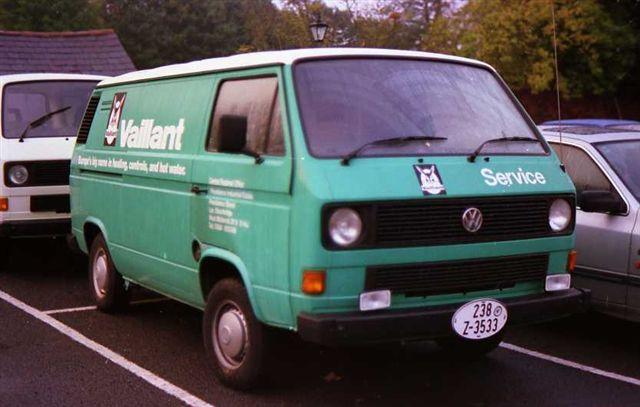- Joined
- 12 Feb 2011
- Messages
- 7
- Reaction score
- 0
- Country

Hi
My engineer (fully qualified), has repaired my Vaillant Ecomax 835 (7 years old)
This required a 3rd PCB
He now wants me to pay for the 2 PCB's he has had to buy
It seems the issue was the neutral wire coming from the supply
This seems to have caused a short or blown the PCB
problem was established when he called Vaillant directly who advised him to check electrical supply
I am not happy, that at £ 165 each i have to pay for these 2 PCB's
My issue is this
Why would PCB's need replacing for such a simple fault
Please advise what i can do
I feel that the design or manufacturer of these should have a fail safe / fuse that would prevent such a simple and common failure
Is the engineer at fault for not diagnosing as well
Why should i pay...
Also, it is likely that the resistor, varistor or component that has tripped or blown due to the neutral wire being loose , is only pennies in cost
I have the 2 PCB boards and would like to know if Vaillant will re-imburse me
It is likely you can easily be repaired and resold.. These PCB's are still very popular
My engineer (fully qualified), has repaired my Vaillant Ecomax 835 (7 years old)
This required a 3rd PCB
He now wants me to pay for the 2 PCB's he has had to buy
It seems the issue was the neutral wire coming from the supply
This seems to have caused a short or blown the PCB
problem was established when he called Vaillant directly who advised him to check electrical supply
I am not happy, that at £ 165 each i have to pay for these 2 PCB's
My issue is this
Why would PCB's need replacing for such a simple fault
Please advise what i can do
I feel that the design or manufacturer of these should have a fail safe / fuse that would prevent such a simple and common failure
Is the engineer at fault for not diagnosing as well
Why should i pay...
Also, it is likely that the resistor, varistor or component that has tripped or blown due to the neutral wire being loose , is only pennies in cost
I have the 2 PCB boards and would like to know if Vaillant will re-imburse me
It is likely you can easily be repaired and resold.. These PCB's are still very popular


